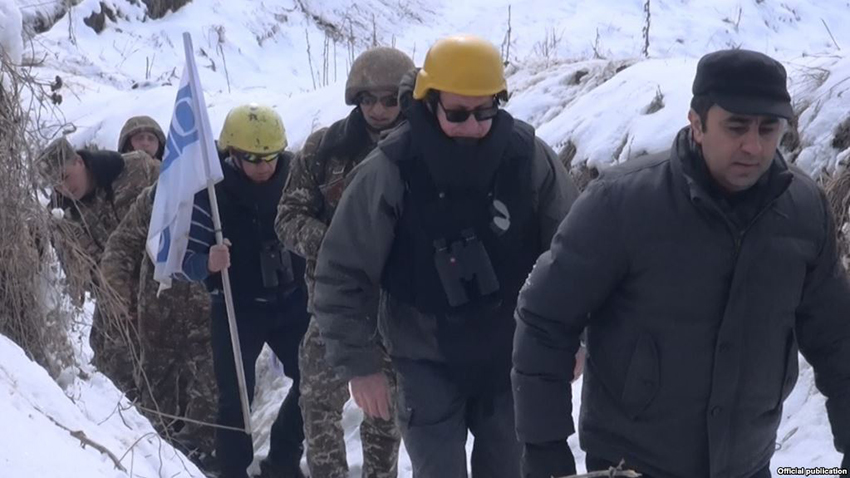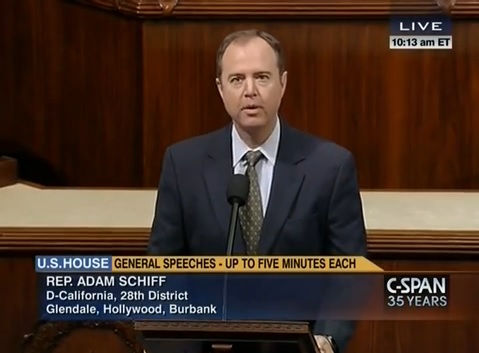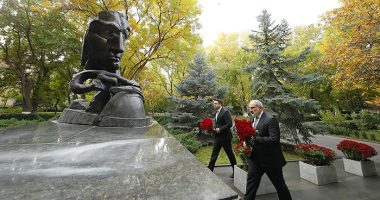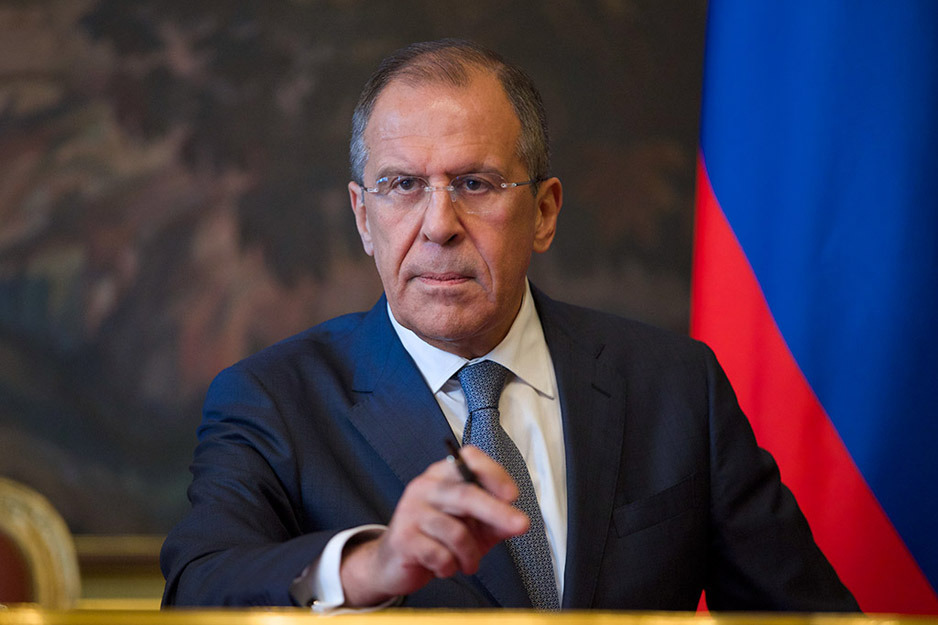YEREVAN — The Organization for Security and Cooperation in Europe is to deploy seven more ceasefire monitors in the Nagorno-Karabakh conflict zone under an Armenian-Azerbaijani agreement finalized last week, a senior Russian negotiator said on Friday.
The Armenian and Azerbaijani foreign ministers agreed in principle to expand an OSCE mission monitoring the ceasefire regime along the Karabakh “line of contact” and the Armenian-Azerbaijani border when they met Krakow, Poland on January 18. The measure designed to prevent truce violations was proposed by the U.S., Russian and French mediators co-chairing the OSCE Minsk Group and backed by Armenia. Azerbaijan has been reluctant to accept it until now.
“There are some technical details that still need to be worked out,” the group’s Russian co-chair, Igor Popov, told the Azerbaijani APA news agency. He said the OSCE mission will be boosted by an “additional seven observers.”
The existing, largely symbolic mission headed by a Polish diplomat, Andrzej Kasprzyk, is similar in size. Its members travel to Karabakh and the Armenian-Azerbaijani border once or twice a month to briefly monitor the parties’ compliance with truce agreements reached in 1994 and 1995.
The tentative agreement on the expansion of Kasprzyk’s team reflects some progress that seems to have been made in Armenian-Azerbaijani peace talks in the last few months. Foreign Minister Edward Nalbandian and his Azerbaijani counterpart Elmar Mammadyarov met twice, in the presence of the mediators, after an Armenian-Azerbaijani summit held in Geneva in October.
Popov said that he and the fellow co-chairs from the United States and France will again visit Baku and Yerevan early next month for further discussions on the proposed measures to minimize truce violations. He said they also expect to “ascertain” the conflicting parties’ positions on details of a Karabakh peace plan put forward by the mediators.
“We are making efforts to propose to Baku and Yerevan variants acceptable to them and this is what we will be talking about in the region,” said the Russian envoy.
In a joint statement issued in Krakow on January 18, the three Minsk Group co-chairs said they discussed with Nalbandian and Mammadyarov “core sensitive issues contained in the working proposals currently on the table.” They did not disclose those issues.
Popov also told APA that it is too early to say whether Presidents Serzh Sarkisian and Ilham Aliyev might meet again soon.










